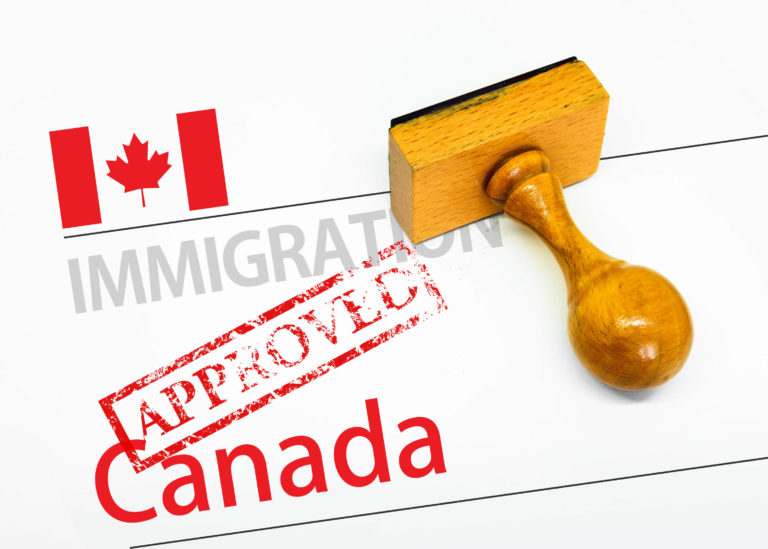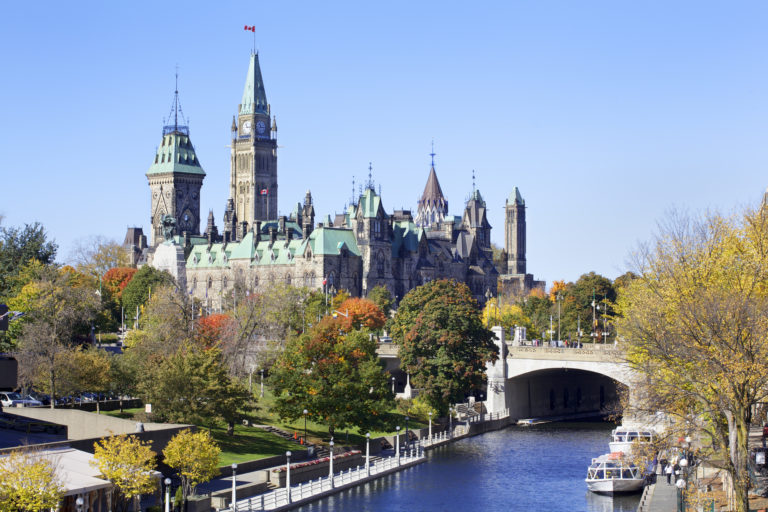Canada immigration news: A record 30,000 new applications will be received in 2021 for the Parents and Grandparents Program, Canada has announced.
That will bring to 40,000 the number of applications received this year after the 10,000 delayed from 2020 due to COVID-19.
A new round of Invitations to Apply will be sent out over two weeks from September 20, 2021, with Immigration, Refugees and Citizenship Canada (IRCC) selecting from those who submitted interest to sponsor forms in fall 2020.
Candidates who receive ITAs have 60 days to submit a full application. The deadline will be marked clearly on the ITA. ITAs will be sent out using the email included on the interest to sponsor form.
More Canada Immigration News
Canada’s Parents and Grandparents Program: All You Need To Know
Parents and Grandparents Program 2021: Canada To Accept 30,000 More Applications
Canada To Accept 3 Times As Many Applications For 2021 Parents and Grandparents Program
Parents and Grandparents Program: Application Process
Once the ITA is received, there are two applications to complete:
- Application to become a sponsor.
- Application for permanent residence from the parents or grandparents.
Both applications can be submitted online at the same time.
IRCC advises candidates not to start filling out an application unless they receive an ITA, to avoid using outdated forms or old instructions. Those who apply without receiving an ITA will not be refunded the application fee.
IRCC says more information on how the application process works will be available in the coming weeks.
Applicants who live in Quebec must follow that province’s steps to sponsor their parents and grandparents.
Citizens sponsoring their parents or grandparents need:
- The date they became a Canadian citizen.
- Their UCI or client ID number.
Both are on the back of the citizenship certificate.
Application Fees
Application fees paid online, include:
- Processing fees for the sponsor, the people being sponsored and their dependents.
- Right of Permanent Residence Fee
- Biometrics fee
Biometrics Fee
A biometrics fee is payable when the application is submitted. However, biometrics are collected after the application is submitted.
Other Fees
Candidate may also need to pay fees to third parties for:
- Medical exam.
- Police certificate.
Information Submitted During Processing
The following documents are not required to be submitted with the application, but will be requested during processing:
- Medical exams.
- Police certificate.
- Police certificates are required for the people being sponsored and each family member 18 or older who isn’t already a Canadian citizen or permanent resident. They are valid one year from the date of issue.
- Biometrics.
- When the biometrics fee is paid, family members receive a letter asking them to give their biometrics. They have 30 days to do so at the nearest collection point.
- IRCC has special measures in place for biometrics collection due to COVID-19.
Changes of Situation During Processing
Candidates must inform IRCC if any of the following applies to them during processing:
- Birth or adoption of children.
- Marriage or divorce.
- Death of an applicant or dependant.



